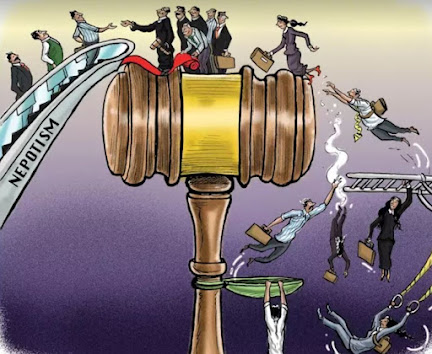Online video games: the General Court confirms that geo-blocking of activation keys for the Steam platform infringed EU competition law
According to the Judgment of the General Court (27.9.2023) in Case T-172/21 (Valve Corporation v Commission), as regards the online video games, the Court confirms that geo-blocking of activation keys for the Steam platform infringed EU competition law.
In agreeing bilaterally to that geo-blocking, the operator of the Steam platform, Valve and five PC video games publishers unlawfully restricted cross-border sales of certain PC video games that are compatible with that platform.Acting on information received concerning geo-blocking of certain PC video games on the Steam platform according to users’ geographical location, the Commission began an investigation. By decisions of 20 January 2021, it found that the operator of the platform, Valve and five games publishers, namely Bandai, Capcom, Focus Home, Koch Media and ZeniMax, infringed EU competition law.
The Commission found that Valve and the five publishers had participated in a group of anti-competitive agreements or concerted practices which were intended to restrict cross-border sales of certain PC video games that were compatible with the Steam platform, by putting in place territorial control functionalities during different periods between 2010 and 2015, in particular the Baltic countries and certain countries in central and Eastern Europe. Valve brought an action before the General Court of the European Union, seeking to have the decision annulled in so far as it related to it.
In its judgment, the General Court dismisses the action. The General Court finds that the Commission established to the requisite legal standard the existence of an agreement or concerted practice between Valve and each of the five publishers having as its object the restriction of parallel imports through geo-blocking of keys enabling activation and, in certain cases, use of the video games at issue on the Steam platform. That geo-blocking sought to prevent the video games, distributed in certain countries at low prices, from being purchased by distributors or users located in other countries where prices are much higher.
Thus, the geo-blocking at issue did not pursue an objective of protecting the copyright of the publishers of the PC video games, but was used to eliminate parallel imports of those video games and protect the high royalty amounts collected by the publishers, or the margins earned by Valve. In response to a number of arguments put forward by Valve, the General Court also rules on the relationship between EU competition law and copyright.
In particular, it observes that copyright is intended only to ensure for the right holders concerned protection of the right to exploit commercially the marketing or the making available of the protected subject matter, by the grant of licences in return for payment of remuneration.
However, it does not guarantee them the opportunity to demand the highest possible remuneration or to engage in conduct such as to lead to artificial price differences between the partitioned national markets. Such partitioning and such an artificial price difference to which it gives rise are irreconcilable with the completion of the internal market. Nor has Valve managed to cast doubt on the overall categorisation of the collusive conduct at issue as being sufficiently harmful to competition and as a restriction by object by referring to the alleged pro-competitive effects of the geo-blocking at issue. (source: curia.europa.eu/photo freepik.com)









Comments
Post a Comment